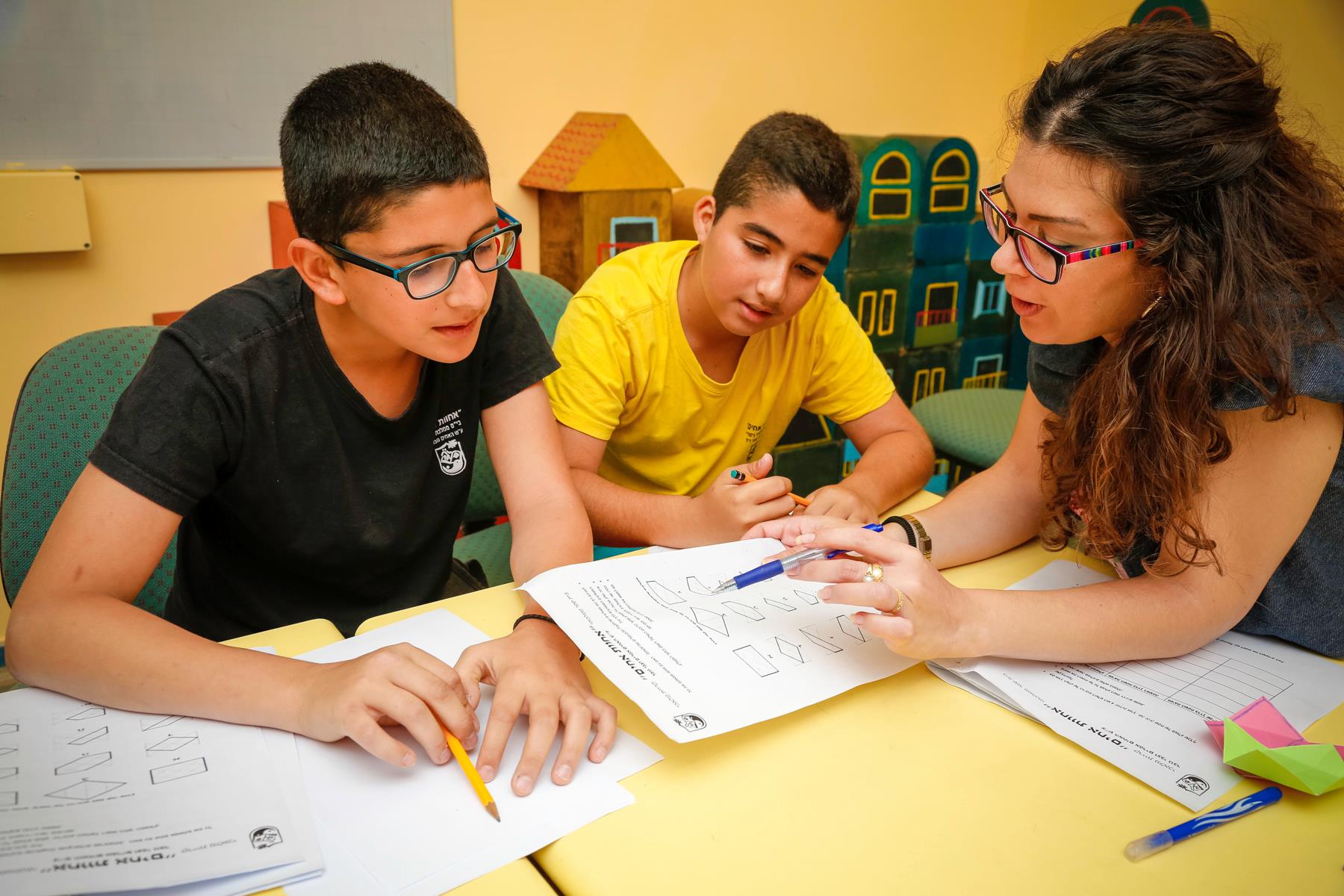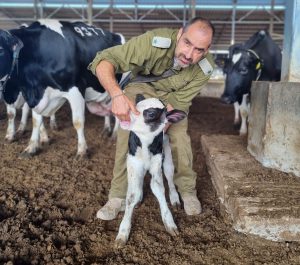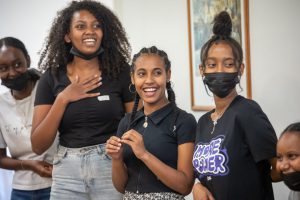Reduced Inequalities


Home » Reduced Inequalities » SDG 10- Tackling Social Affairs Challenges in 2022 & Beyond
SDG 10- Tackling Social Affairs Challenges in 2022 & Beyond
Since establishing this blog in 2019, we’ve regularly harped on the fact that Israel’s mostly Hebrew- and Arabic-language social impact discourse is not particularly accessible to the general public outside the country. We think this is a shame – there’s so much going on – which is why we set up shop in the first place.
A recent “Haaretz” interview (Hebrew) with Sigal Moran, Director-General of the Ministry of Welfare and Social Affairs, is a great case in point. The Ministry’s 2022 budget hovers around 13 billion shekels – an increase of 1.2 billion in comparison with the previous national budget (in 2019) – and as such is a critical part of efforts to advance SDG10.
The latest annual Poverty Report from the country’s National Insurance Institute (NII) indicates that in 2020 the standard of living rose by 2.4% due to welfare policy and payment of allowances and grants; without Government intervention, the standard of living would have dropped by about 10% (non-governmental sources estimate a sharpening of poverty in 2021). Moran and her team are at the forefront of dealing with the challenge to reduce inequalities.


“All our programs must conform to the policy of social mobility and gap reduction with measurable goals like those pursued in the international community,” she said in the interview. “Prevention is the main objective: reaching people before their situation deteriorates and intervening effectively.”
In its report, the NII found that a high percentage of people living in a situation of food insecurity – particularly children – is increasing over time, and against this backdrop recommends reinforcing assistance to the relevant population. Moran seeks to advance a broad approach on this issue as well.
“As we expand our food security activities, we’ll make sure they are backed by social equality programs – like the ‘Families First Initiative’ and the ‘Power Centers’ – that support economic empowerment and escaping poverty and we’ll work to help the third and fourth generations break out of the cycle of poverty,” she told “Haaretz.”
Responsibility for implementation of a new, 5.2 billion shekel five-year development program adopted in mid-March for the country’s Bedouin population in the south (a plan separate from the program for the general Arab population, already being implemented by the Social Equality Ministry) constitutes an additional challenge for the Ministry. Both the Social Affairs Minister and Moran herself served there in the past as local elected officials, a fact considered advantageous in this context.
Moran believes the solution to the Bedouin challenge lies in “restoring trust in the State and adopting development budgets,” adding: “That’s why the new five-year plan – which focuses on education, transportation, health, welfare, environmental protection and more – is the result of a partnership with all the Bedouin municipalities and every relevant social equality organization.” The lion’s share of the plan’s budget will go to education.
Strategic thinking, broad implementation and partnerships – all sounds spot on. Let’s hope this approach translates real soon into tangible inequality reduction on the ground.
Related articles


SDG 10- Further Empowering People with Disabilities
Reduced Inequalities A senior Government official breaking down in tears during a Cabinet meeting is a rare event – certainly in Israel. So when the


SDG 10 – Civil Society Steps Up
Reduced Inequalities It’s no secret that Israel’s civil society organizations are among the most robust in the world. Now operating in the shadow of war,


SDG 10- Probe & Improve – Part 2
Reduced Inequalities Read Part 1 In Part 1 of this series we focused on the status of reducing inequalities (SDG10) in employment particularly as reflected


















